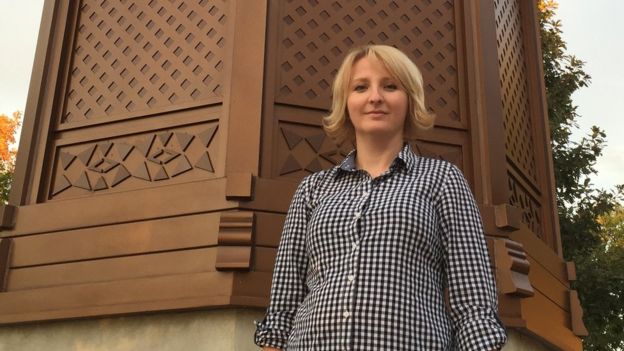
There are currently about 70,000 Bosnian immigrants living in the St Louis area — the majority having arrived in the 1990s, after fleeing their home country’s brutal civil war. At the time, city leaders welcomed the new immigrants as many neighborhoods were in a state of decay with populations declining and thus eroding the tax base. As Bosnians resettled to St. Louis and the suburbs, they rented apartments and purchased homes. They took jobs as in construction, and opened stores and restaurants. In short, they revitalized the city.
“Immigration and refugee-welcoming has, in a big way, been able to turn around hollowed-out urban cores, including in St Louis” says Blake Hamilton of the International Institute of St Louis, one of only a handful of refugee resettlement organizations in the U.S.
Today, the city is hoping to continue welcoming and integrating refugees though the homeland of the migrants has changed to Syria, Iraq, Afghanistan and Somalia. And that’s not all that has changed — the political climate (and unfortunately, tolerance) is much different than twenty years ago. Many feel that the Bosnians had an easier time to assimilate simply by being European. Ajlina Karamehic-Muratovic, a Muslim professor at St Louis University, has heard casual anti-Islamic remarks in conversation from people who have no idea they are offending her very faith. “I think it helps that we are white,” remarks Ms. Karamehic-Muratovic. “We look like we fit in until you notice the accent.”
The Bosnian-Americans remember their near history as refugees, and are doing what they can to help the new immigrants. “The Bosnian community has been great in terms of community outreach – and the volunteer organizations that have grown from them, kind of organically,” continues Mr. Hamilton. “We can point to the success of the Bosnian community, and how they’ve integrated into the fabric here. We have very high hopes that the new refugees can follow that same path.”



